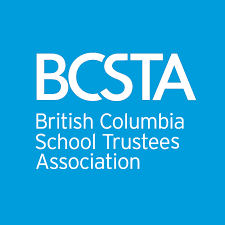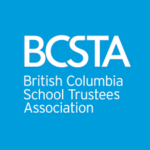Dix, Mungall join students on National Day of Action
New Democrat leader Adrian Dix and the party advanced education critic Michelle Mungall joined students at the University of British Columbia Okanagan in Kelowna Wednesday to call on the B.C. Liberal government to reinstate needs-based student grants.
The gathering was part of the February 1 National Day of Action for post secondary students across the country.
“Ten years of tuition increases and the elimination of grants by the Liberals have made pursuing higher education increasingly difficult,” said Dix.
“Restoring grants is key to improving accessibility, supporting young people and building a more prosperous economic future,” said Dix.
Thousands of students are participating in campus rallies to the share stories of the financial challenges they face and to urge governments to adequately fund post secondary education.
Students in B.C. have the highest student loan interest rate in the country, on top of rising tuition and an average student debt load of $27,000.
“A primary way government can improve the level of prosperity in B.C. is by providing young people from middle- and lower-income backgrounds the opportunity to build their knowledge and skills so they can accomplish their goals,” said Dix.
“B.C. Stats reported this week that British Columbia is dead last when it comes to income inequality, and pointed to education and training as a key to narrowing the gap. University and college program graduates on average earn more.”
New Democrats have been urging the B.C. Liberal government to proceed now with a needs-based grant program for postsecondary students. The non-repayable grant program – eliminated by the Liberals in the 2004-05 fiscal year – could be financed through reinstating a minimum tax on financial institutions.
“Ensuring access to advanced education must be a cornerstone of any economic growth and jobs plan for the province,” said Mungall.
“It’s time for the Liberal government to step up and provide support for students to get the credentials they need to enter the economy of tomorrow.”
The B.C. Labour Market Outlook to 2020 suggests that 80 per cent of expected employment openings will require post secondary education.
“I have met with young British Columbians from across the province who are worried that they cannot meet their aspirations because of the rising cost of post-secondary education,” said Mungall.
“Grants would help ensure that many young people can overcome barriers in getting the education they need to fulfill their dreams, and the B.C. economy will have the skilled labour force it needs.”


























Comments